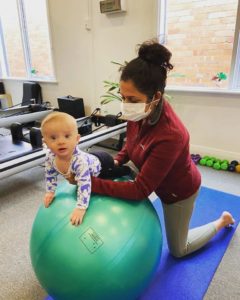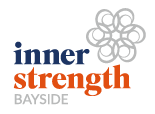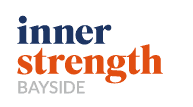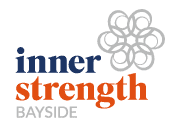Paediatric Physio – Physio For Little Humans
Did you know that our physio Urvi has a special interest in paediatric physio?
Paediatric physiotherapy primarily comprises of exercises and techniques that help aid in the physical development of an infant through its adolescence. It mainly refers to the following:
- Those diagnosed with musculoskeletal conditions like wry neck, hip dislocations, club foot and neurological disorders such as Cerebral palsy, Down’s syndrome, spina bifida and sensory disorders such as Sensory processing Disorder.
- Those that appear seemingly healthy, however, display delay in reaching appropriate developmental milestones
- Those who report pain as a consequence of rapid growth.
- Those born with congenital heart and lung conditions require ongoing management throughout their lifespan.
As a paediatric physiotherapist our main aim would be to ensure the achievement of the gross motor milestones and if not so then achieving the maximum out of a child and ensure independence in participation in their day to day lives through aids and equipment.
We know that nothing is more precious for a family then giving their little one the best chance at life despite of their disabilities and as a paediatric physiotherapist we strive harder each day along with the family to give them that.
The conditions treated by a paediatric physiotherapist will often vary depending on the age of child attending treatment. Below is a list of common childhood conditions treated by a physiotherapist and the corresponding ages of treatment. It is important to remember that the cause of each of these conditions may vary and may therefore require different interventions.
Under 9 months of age

Yes we see bubbas with torticollis, hip dysplasia and developmental delays. You can call us and ask to book an appointment with Urvi or book online. Give us a call to know more on what is essential.
- Positional Plagiocephaly (flattened spot on the back and side of the head)
- Torticollis (Benign lump found in the neck)
- Unusual foot posture
- Delay in milestones e.g rolling, holding head up
- Scoliosis
- Developmental Hip Dysplasia
9-17 months of age
- Unable to crawl
- Unable to walk
- Walking on tiptoes
- Turned in feet
- Pigeon toes or knock knees
- Juvenile Arthritis
17 months- 5 years of age
- Delay in gross motor milestones (not keeping up with peers)
- Musculoskeletal injuries
- Toe walking
- Juvenile Arthritis
5 years and older
- Sporting injuries
- Growth disorders (Severs Disease, Osgoodschlatters Syndrome)
- Scoliosis
- Poor gross motor abilities
- Rehabilitation post orthopaedic surgery
Any treatment that a child receives from a physiotherapist will be unique to the age of the child and the condition being treated. Treatment for children less than 17 months of age will typically involve parental education regarding positioning and purposeful play, to encourage appropriate movement patterns. Older children may receive hands on treatment, taping and dry needling to encourage correct biomechanics and loading patterns. These treatments are provided in conjunction with a home exercise program to rectify muscle imbalances and restore joint range of motion.
The main purpose of paediatric physiotherapy is to assist children in overcoming physical difficulties interfering with their ability to function at home, school or on the sporting field. The best part of being a paediatric physiotherapist is the challenge that every child is different and unique. We know for sure that what works for one may be completely alien to the other especially the infants and the toddlers and hence, the treatment is more proactive and dynamic. It is a client tailored approach because every family walks in the clinic with similar yet such different goals. The fun part begins once the kid enters the teen years and can come up with such varied goals that challenge the physiotherapist on a day to day basis like being able to apply make up or being able to dance with a friend or being able to go to shop on their own to speak a few.
Please click here to book an appointment with Urvi.
Written by Urvi Shelar, Physiotherapist


